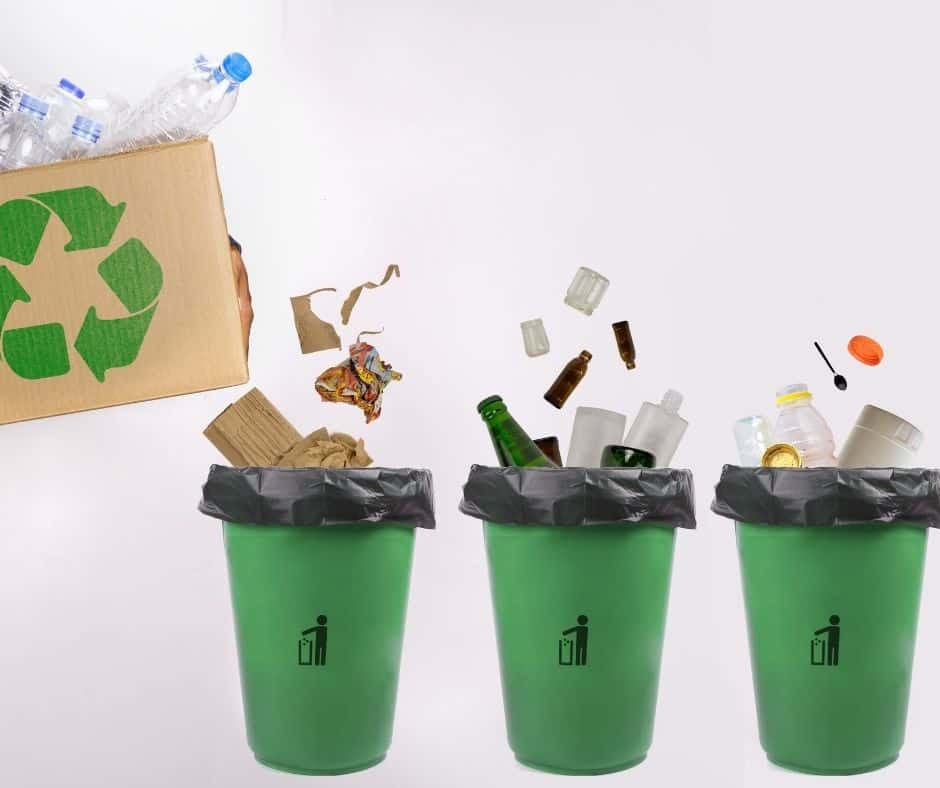As the world becomes more aware of how much trash it produces, a growing number of people are working to live zero waste. There is one complication: recycling programs often use up valuable space in landfills and can be difficult for those who have limited access to them.
“Why zero waste is bad” is a question that has been asked many times. The answer to this question is that when you live zero waste, recycling does not count as it is still producing trash. Read more in detail here: why zero waste is bad.
Table of Contents
What is the difference between zero waste and recycling?
A: Zero waste is the idea of not producing any waste. This means that you are not throwing anything away, and instead using it to create something new. Recycling is the process of taking a material and turning it into something else, like paper or plastic.
How does recycling help the environment?
A: Recycling helps the environment because it reduces the amount of waste that is being produced. It also prevents the creation of new waste by preventing littering, and it can be done in many ways such as recycling paper, plastic, metal, glass, and other materials.
What is a bad thing about recycling?
A: Recycling is a process by which materials are collected, cleaned and reused. However, recycling can also have negative impacts on the environment. For example, recycling metal can produce more pollution than mining new ore.
How does recycling benefit humans and our landfills?
A: Recycling is a process that involves the collection, sorting, and reprocessing of waste materials into new raw materials. It is one of the most important ways to reduce pollution and conserve natural resources.
What are 5 benefits of recycling?
A: Recycling is a process of recovering materials from used products and reprocessing them into new materials. These materials are then typically reused in manufacturing processes, reducing the need to mine raw materials. This can help reduce pollution, conserve natural resources, and save energy. It also helps keep the costs down for consumers who buy recycled products over non-recycled ones.
Why is recycling important in everyday living?
A: Recycling is important in everyday living because it helps to reduce the amount of waste that goes into landfills. It also keeps the environment clean and healthy by reducing the amount of pollution.
When living zero waste, does recycling count?. The answer is yes and no. Yes because it’s a good thing to do for the environment, but no because recycling isn’t as effective as composting or reusing items that have been used once. Reference: zero waste examples.
Watch This Video:
Related Tags
- disadvantages of zero waste
- zero waste recycling
- is zero waste sustainable
- zero waste and sustainability
- zero waste store
